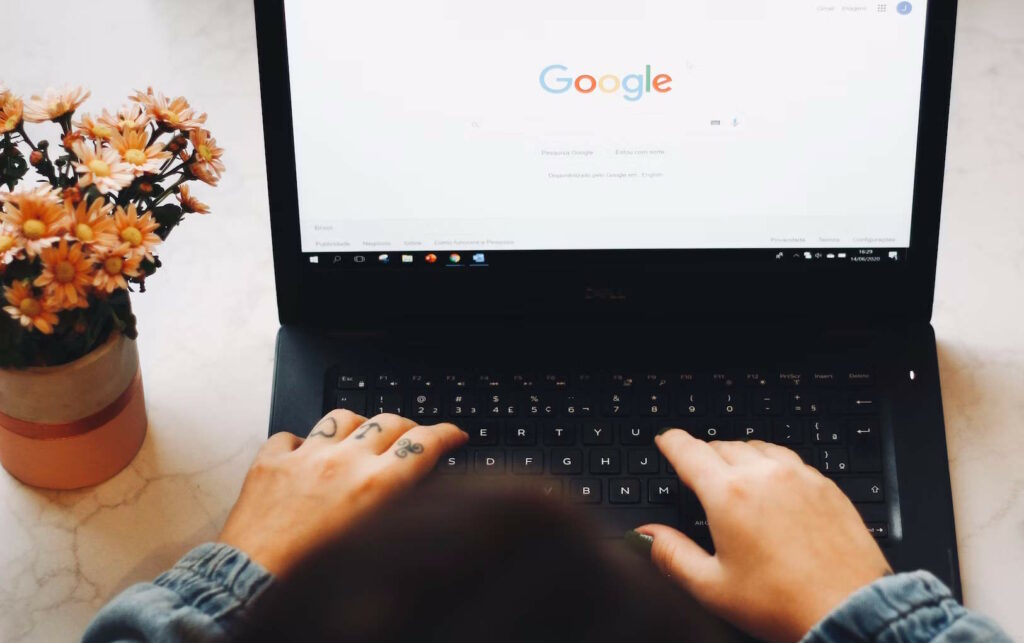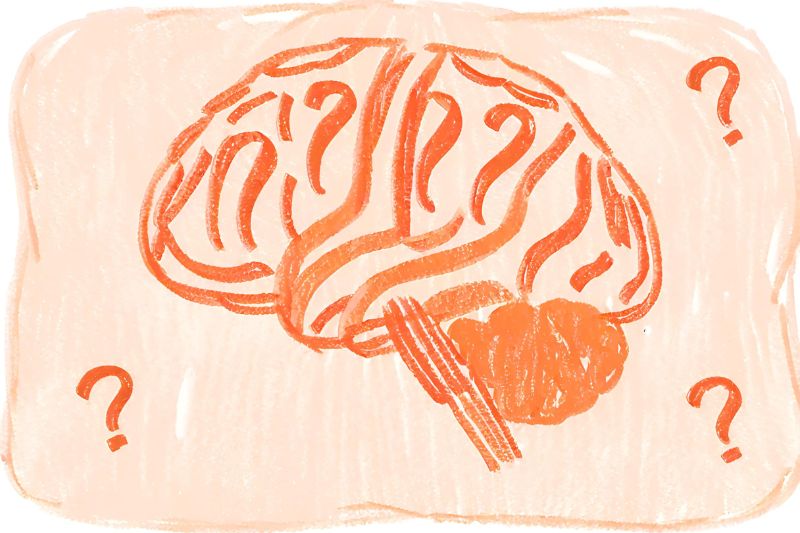Recognise Any of These Anxious Habits? You Might Have Health Anxiety
Struggling with worries about your health? If you recognise any of the 4 health anxiety habits we cover in this article, it might be time to consider starting therapy.

Do you frequently worry about your health? Have you anxiously scrolled through panic-inducing news stories on the latest deadly virus, slowly convincing yourself that you may have it? While we all engage in these behaviours from time to time, if you find it’s starting to become a common occurrence in your life, you may be suffering from health anxiety.
We know what you’re thinking: “Great! Another medical issue for me to worry about!” The point of this article, though, is to put your mind at rest.
We’ll cover some key symptoms that may confirm your health anxiety, whilst also providing resources that can successfully treat this increasingly common condition.
What is health anxiety?
First of all, let’s quickly cover what we mean by health anxiety. It’s an anxiety disorder characterised by a preoccupation with one’s health. Sufferers perform a range of obsessive behaviours (more on these below) in an effort to feel a sense of control over their own wellbeing. It has become even more prevalent in the wake of the coronavirus pandemic, with some people still anxious about COVID.
Health anxiety can cause people to become convinced that they have a serious illness, even if there is little to no actual evidence of one. This leads to more anxiety, which produces symptoms including:
- Extreme worry
- Nausea
- Muscle aches
- Appetite changes
- Pins and needles
- Digestive issues
- Panic attacks
Unfortunately, many anxiety symptoms can be mistaken for signs of other illnesses. As a result, people with health anxiety can get stuck in a vicious cycle of incorrect diagnoses and increasing fear.
Health anxiety habits
We’ve covered some health anxiety symptoms above, but to really get an idea of how the condition presents itself, let’s explore 4 common health anxiety habits.
1. Body-checking

We all experience random aches and pains. Our bodies are weird and wonderful things, and sometimes you will notice unusual symptoms that have no clear explanation. 9 times out of 10, these changes are nothing to worry about. (Of course, if your symptoms are serious, you should definitely seek the opinion of a doctor.) For a person with health anxiety, though, any slight bodily sensation can trigger a full-blown panic.
In fact, even when there are no noticeable changes to their wellbeing, a person with health anxiety will go searching for signs of illness. The logic here is that they will be able to identify an illness in its early stages, before it develops into something life-threatening. Unfortunately, the reality is that this constant vigilance in the face of any perceived change is anxiety-inducing in itself and can impact a person's ability to function normally.
While it’s important to perform regular self-checks for things like changes in moles or lumps in the breast, this is not something you need to devote a significant amount of time to.
2. Reassurance-seeking
In the context of health anxiety, reassurance-seeking is when a person shares their health concerns with others, in the hope that these people will tell them that they have nothing to worry about.
This habit might not seem so problematic on the face of it. Who hasn’t turned to a friend, family member or even a doctor to confirm that they’re overreacting? The problem is, for those with health anxiety, the temporary comfort that words of reassurance provide can become somewhat addictive.
As they become reliant on reassurance from others and seek it out more frequently, negative consequences occur. It puts a strain on relationships, as people get tired of discussing the same issues over and over again. Not to mention, if the reassurance is sought from medical professionals, the person ends up wasting the time of these individuals and abusing what is already an overstretched resource.
Finally, reassurance-seeking doesn’t achieve anything. The sense of relief is short-lived, and the person’s dependence on it grows, as they find new symptoms to worry about.
3. Searching symptoms online

In our modern world, it’s not abnormal for people to turn to the internet to diagnose themselves. It’s easier than going to the doctor, and you can get answers in mere seconds. As long as you stick to trusted sources (like the NHS) and take everything with a pinch of salt, this habit is fairly harmless.
In the hands of someone with health anxiety, though, search engines can become a real menace. Just a couple of minutes of searching can leave them convinced that they are at death’s door. Why? Almost any symptom you search online will produce results that include triggering words like “cancer”. This is because most sources will attempt to cover all bases, which inevitably includes the serious (but rare) diseases, alongside more common ailments.
When you consider the confirmation bias at play (the person is performing the search because they already think they might be seriously ill), it’s a recipe for disaster. For example, if a person with health anxiety is looking for information on what is causing their headaches, they are far more likely to focus on the section of a page that covers brain tumours, instead of the part that says it is most likely to be dehydration.
If you have this habit and notice that you always feel worse afterwards, nip it in the bud ASAP.
4. Doubting medical results
You might think that if a person with health anxiety went to the doctor for a full medical check-up, all of their fears would be assuaged. Once they receive actual test results that are negative they’ll realise that they're fine, right? Not necessarily.
An important thing to know about anxiety is that it doesn’t respect evidence or facts. It builds a very effective barrier between your brain and reality, forcing you to live in a state of perpetual worry. So, even if medical tests come back showing that nothing is wrong, the person’s mindset will push them to produce a range of reasons as to why this information can’t be trusted.
For example, people with health anxiety often assume that tests weren’t carried out correctly, or that relevant data was somehow missed.
Get help for your health anxiety
While it’s becoming fairly common, health anxiety is a complex condition that usually requires some form of treatment. You may find self-help approaches like breathing exercises or grounding techniques useful.
ManageMinds has designed a therapy-based programme that specifically targets health anxiety. It includes 6 sessions with a specially-trained therapist and can be completed from the comfort of your own home. Our Beat Health Anxiety Programme will give you the tools and knowledge you need to take back control of your life.
If you're not comfortable with the idea of discussing your health anxiety directly with a therapist, we also offer a self-help course that targets this condition. You can learn more about how this works in our guide to self-help courses.
Still not sure if your health worries constitute health anxiety? Take our HA-7 questionnaire to learn your personal health anxiety score.
Post Date:
Author: Isobel Robb
Explore More Articles
3 Mental Health Myths Your Therapist Is Sick of Hearing
It's great that more people are talking about mental health, but not everything you hear is necessarily true. Don't fall for these 3 mental health myths!
Feeling Worried? Challenge Anxious Thoughts with These Simple Questions
Stuck in a spiral of anxious thoughts? Use these 3 simple questions to challenge negative thinking and adopt a healthier mindset.
ManageMinds Explains... Narcissists
Even wondered if you or someone you know may be a narcissist? In this guide we cover what narcissistic personality disorder is, as well as the signs you need to watch out for.


